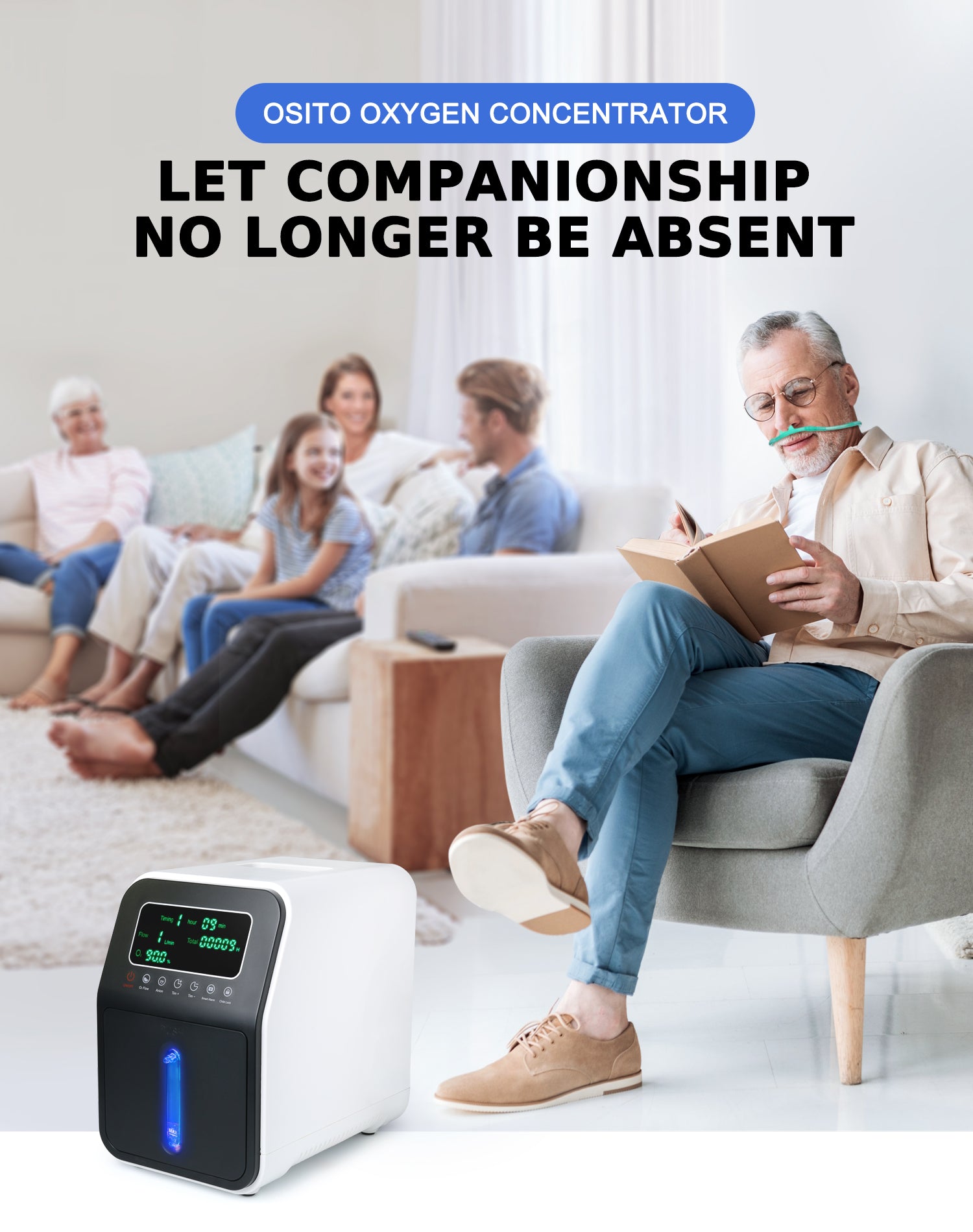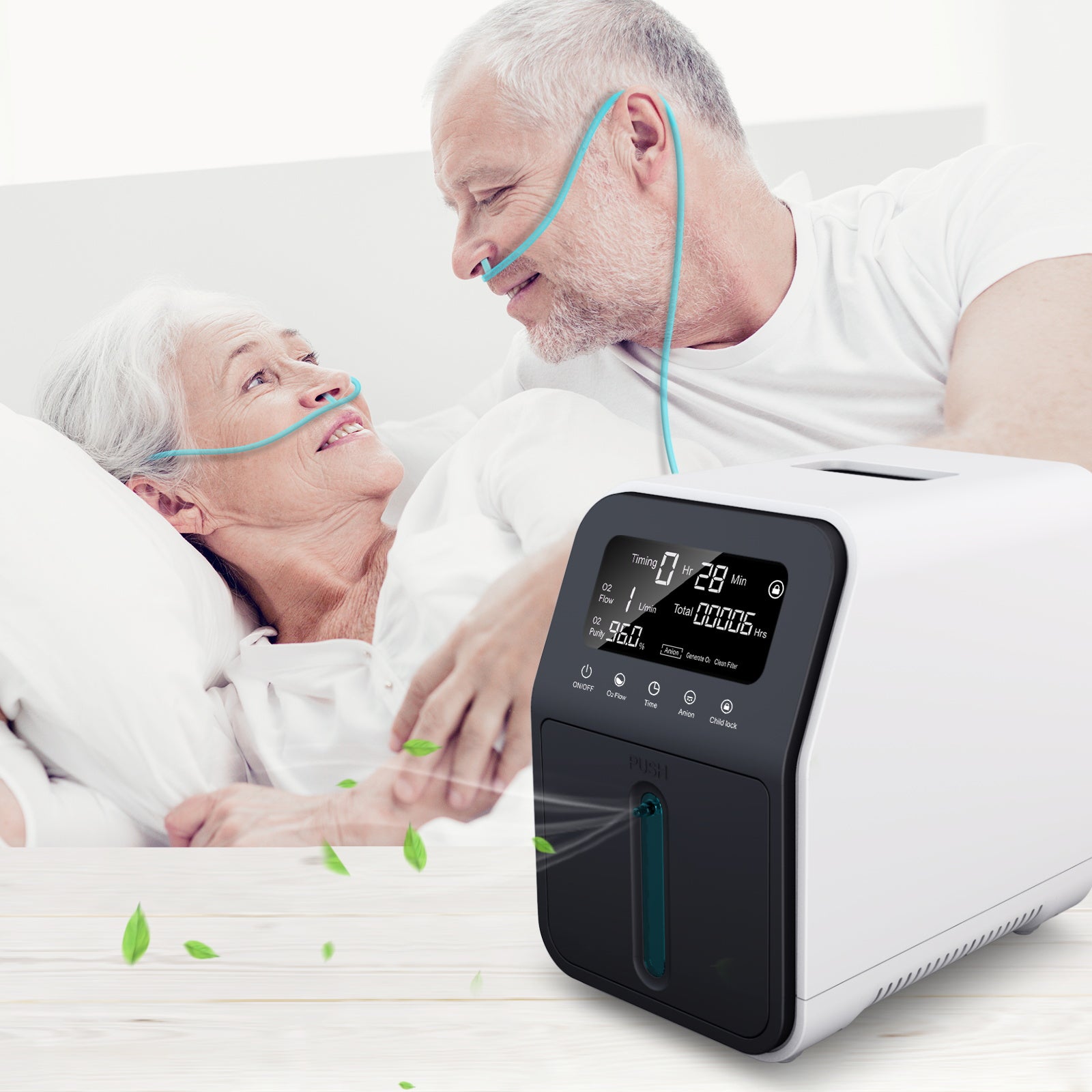Pregnancy is a time of immense joy and anticipation, but it can also bring along its own set of challenges. As the body undergoes significant changes to support the growing fetus, some women may experience complications that affect their respiratory health. One such condition is decreased oxygen levels in the blood, which can lead to fatigue, shortness of breath, and even more severe issues like hypoxia. In such cases, oxygen concentrators have emerged as a potential solution, offering a safe and convenient way to supplement oxygen levels.
Understanding Oxygen Concentrators
An oxygen concentrator is a medical device that extracts oxygen from ambient air, concentrates it, and delivers it to the user through a nasal cannula or mask. Unlike traditional oxygen tanks, these machines are portable, electric-powered, and can be used at home or in a clinical setting. They are particularly beneficial for individuals who require long-term oxygen therapy, including pregnant women with respiratory distress.
Why Pregnant Women Might Need Oxygen Concentrators
Pregnancy increases the body's demand for oxygen, as it not only supports the mother but also nourishes the developing baby. Conditions like anemia, preeclampsia, or lung diseases can further compromise oxygen delivery to the bloodstream. In such scenarios, doctors may recommend using an oxygen concentrator to ensure adequate oxygenation, reducing the risk of complications and promoting a healthier pregnancy.
Benefits of Using Oxygen Concentrators During Pregnancy
-
Improved Oxygen Saturation: By increasing the amount of oxygen in the bloodstream, these devices help alleviate symptoms of hypoxia, enhancing overall well-being.
-
Reduced Fatigue: Adequate oxygenation can combat pregnancy-related fatigue, allowing mothers to engage in daily activities with more vitality.
-
Better Fetal Development: Ensuring the mother's blood is well-oxygenated supports optimal fetal growth and development.
-
Convenience and Portability: Modern oxygen concentrators are designed for ease of use and portability, making them suitable for home use or travel.
-
Cost-Effective: Compared to traditional oxygen tanks, concentrators are more economical in the long run, as they don't require frequent refills.
Safety Considerations
While oxygen concentrators are generally safe for use during pregnancy, it's crucial to consult with a healthcare provider before starting any new therapy. They can assess individual needs, recommend the appropriate flow rate, and monitor progress to ensure the treatment is effective and safe. It's also important to follow the manufacturer's instructions for cleaning and maintenance to prevent infections.
Conclusion
Pregnancy is a unique journey, and every woman's experience is different. For those facing respiratory challenges, oxygen concentrators offer a viable solution to maintain optimal oxygen levels, supporting both maternal and fetal health. With proper medical guidance and adherence to safety protocols, these devices can be a breath of fresh air, contributing to a smoother and healthier pregnancy. Always prioritize communication with your healthcare team to make informed decisions about your health and well-being during this special time.



Leave a comment
This site is protected by hCaptcha and the hCaptcha Privacy Policy and Terms of Service apply.